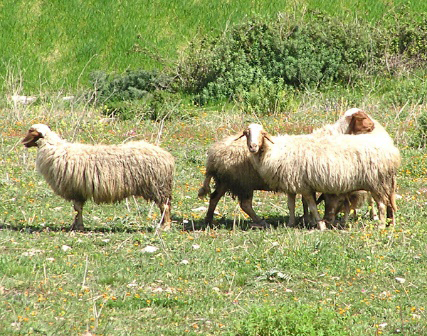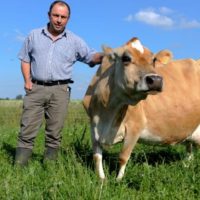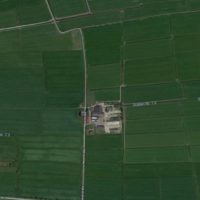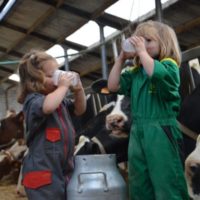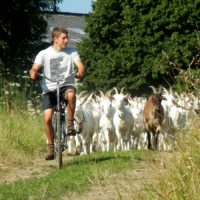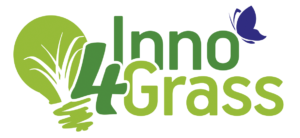Description
Toccaceli farm is a family-run farm covering 75 ha. The owner can be classified among the early adopters as he always take advantages from innovation to support the sustainability the farm and reduce the environmental impact of the production. The critical period occurs during the summer season when the poor rainfall limits the grass productivity and quality. The innovation focused on the introduction of summer forage crops in order to enlarge the grazing window during the year and the availability of fresh forage. The varieties selected were Panicum and Sorghum, both adapted to dry soil and requiring low water supply to grow and produce. The strong increase of fodder production satisfied the nutritional needs of the farm flock with good quality of proteins and carbohydrates preventing the drop of milk production. The reduction of out-farm purchasing of fodder also contribute to the economic sustainability of the farm.
Reason for the innovation
- Solving economic challenges
- Improve production
- Reduce costs
Farm description
Environment
- Main soil types: clayey-loam
- Climate: Warm Mediterranean climate
- Average Altitude: 450 m a.s.l.
- Slope: 15%
Grassland management
- Grazing: yes, combined with cuts
- Grazing management: rotational stoking
- Length grazing period: 10 month
- Number of cuts: 3
- Forage conservation type: hay
- Fertilisation rate: 120 kg of N/ha
Structure
- Annual Work Unit: 2510 hours
- Agricultural Area: 60 ha UAA
- Arable land 29 ha
- Permanent crop 20 ha
- Permanent grassland area 11 ha
- Temporary grassland area 5 ha
- Rangelands area 2 ha
Animal performance
- Breed type: Comisana sheep
- Total livestock unit: 36,7
- Milk production: 230 l/year/head
Why it is working
Alternative to the temporary grass based only on autumn-winter forage crops.
High farm mechanization.
